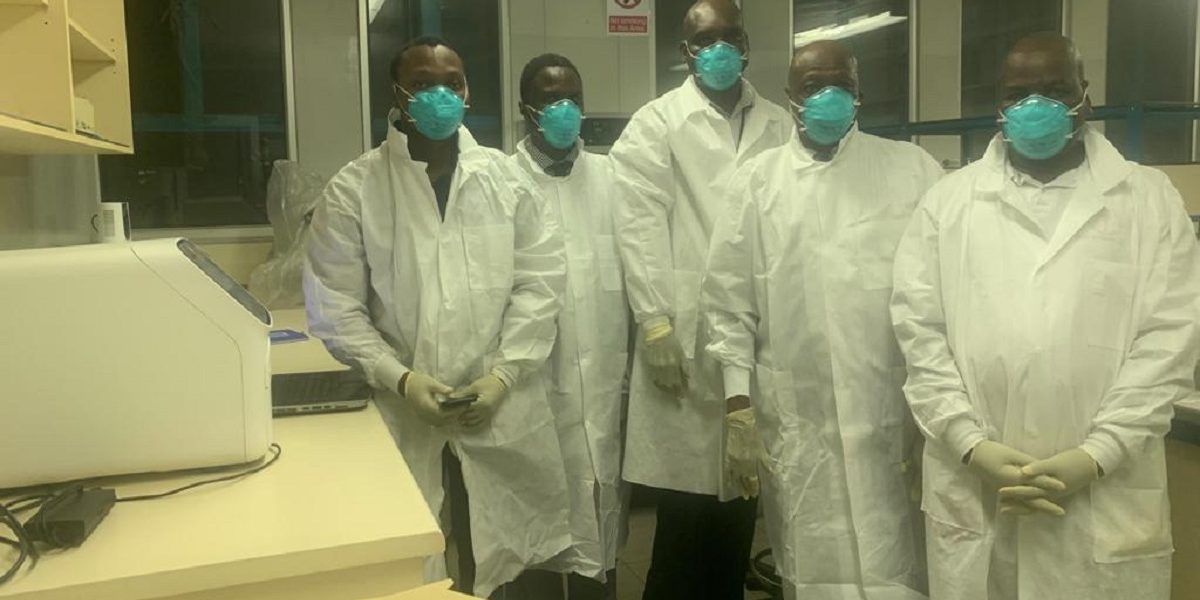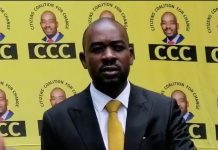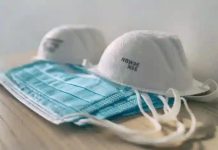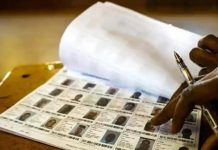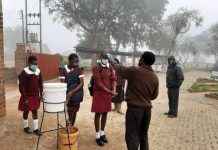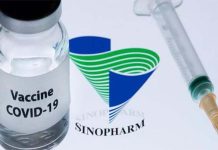HUMAN rights doctors have demanded that authorities probe prominent medical practitioners who appear to be running parallel coronavirus treatment programmes, casting official results in doubt.
Zimbabwe has so far recorded 11 confirmed positive cases of the deadly COVID-19 and three deaths, but there is suspicion government could be understating the figures because of its inability to conduct massive testing, with only 438 tests conducted as of Thursday.
In a letter to Health and Child Care permanent secretary Agnes Mahomva dated April 9, 2020, seen by NewsDay Weekender, Zimbabwe Association of Doctors for Human Rights board secretary Norman Matara cited Trauma Centre Borrowdale owner Vivek Solanki as one such medical practitioner involved in private testing of the virus.
Matara said Solanki was reportedly involved in the setting up of a COVID-19 designated facility at the Rock Foundation Medical Centre in Mt Pleasant, Harare.
“In that regard, we kindly request your office to conduct an investigation into the operations of Dr Vivek Solanki with regards to the treatment of COVID-19 patients,” Matara said.
The letter stated that on April 8, Solanki, through his Twitter account @doksolanki, at 1357 hours, “insinuated that he is actively involved in the treatment of COVID-19 patients and reported that they were experiencing gastroenteritis”.
Matara said after being quizzed about his role by his followers, Solanki deleted the tweet, raising suspicions of all well-meaning Zimbabweans.
“To the best of our knowledge, currently, COVID-19 patients are being managed in State and local authority-run facilities in Zimbabwe,” Matara said.
The human rights doctors said there was a possibility of “masking the true extent of COVID-19 cases” in Zimbabwe, “with some cases not being reported through the official statistics” and called for an investigation to bring clarity on whether the country’s reported 11 cases include statistics from Solanki.
Matara further claimed that Solanki claimed he was treating such mentioned patients outside Zimbabwe, “of which we are aware that there are travel restrictions in place” and “we are also unaware of countries that have been utilising telemedicine to respond to COVID-19 patients”.
Telemedicine refers to the practice of caring for patients remotely when the provider and patient are not physically present in the same place.
“In any case, if he was doing the right thing, why did he rush to delete the tweet? We, therefore, urge your office to investigate this claim and reassure the nation of the true extent of COVID-19 in Zimbabwe,” Matara said.

